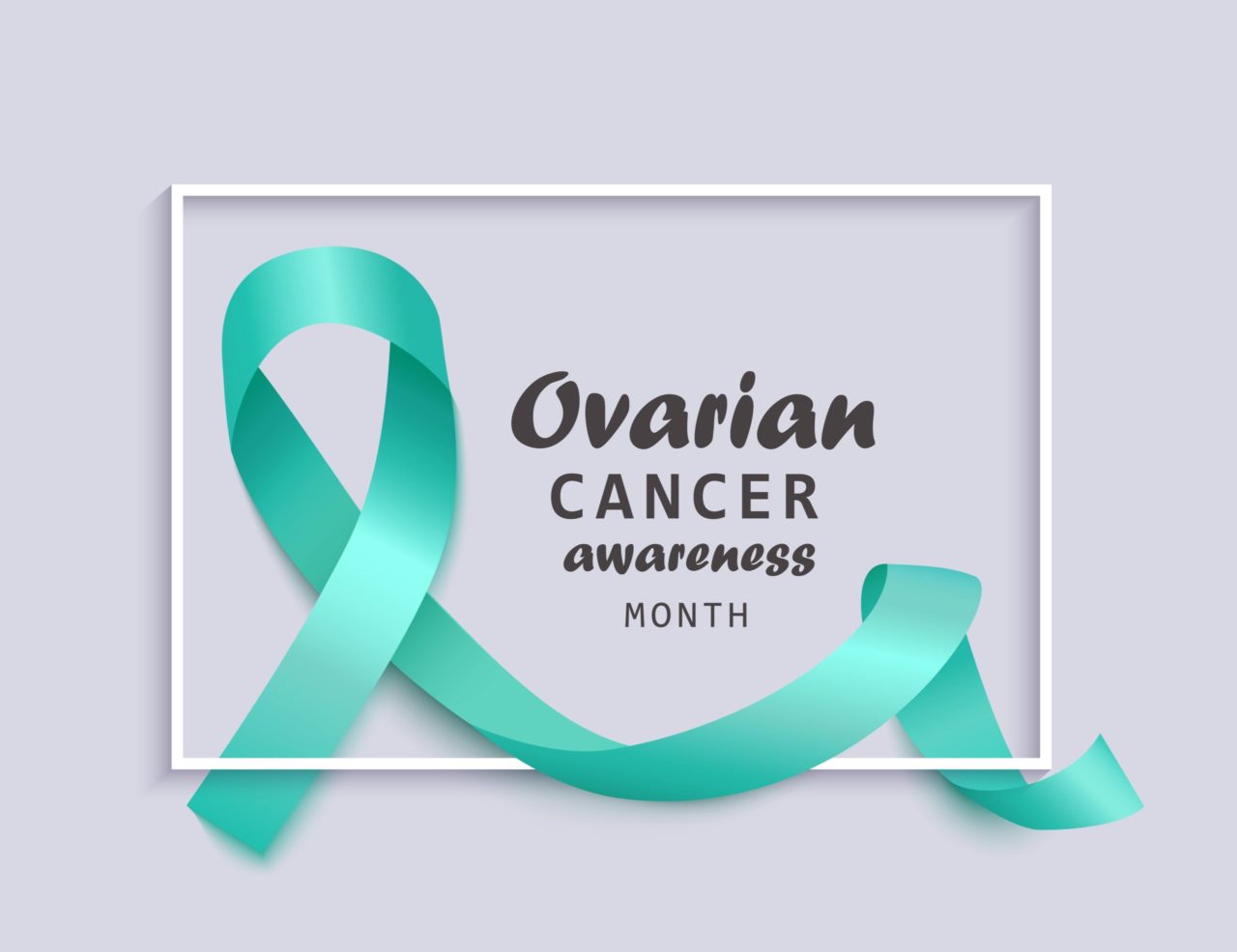Can an MRI Detect Ovarian Cancer?

September is Ovarian Cancer Awareness Month. Supporters want to raise awareness of this deadly disease and encourage women to undergo screening with their doctors.
Ovarian cancer is one of the most common and deadly cancers affecting women today. According to the American Cancer Society, about 1 in 75 women will develop ovarian cancer. While ovarian cancer can affect women of any age, the risk does increase with age. The majority of ovarian cancer cases get diagnosed in women over 60.
There are several different types of ovarian cancer, but the most common type is epithelial ovarian cancer, which begins in the thin layer of cells that covers the ovary. Other less common types include germ cell tumors and stromal cell tumors.
Symptoms of Ovarian Cancer to Watch For
Symptoms of ovarian cancer can be challenging to detect in the early stages, as they are often mistaken for other conditions such as indigestion, bloating, or a change in bowel habits.
As ovarian cancer progresses, however, the symptoms may become more severe and can include:
- Abdominal pain or pressure
- Increased abdominal size
- Loss of appetite
- Weight loss
- Nausea or vomiting
- Frequent urination
- Fatigue
Testing for Ovarian Cancer
If you are experiencing any ovarian cancer symptoms, you must see your doctor for further testing.
Certain risk factors such as family history and genetic predisposition can increase your chances of developing ovarian cancer. If you have any of these risk factors, you may need to undergo more frequent or intensive ovarian cancer screenings.
There is no one definitive test for ovarian cancer, but your doctor may recommend a combination of tests, including a pelvic exam, transvaginal ultrasound, CA 125 blood test, and biopsy.
Your doctor may also order an MRI to detect and treat ovarian cancer. This is because ovarian cancer often produces symptoms that can be seen on an MRI, such as a mass or tumor in the ovary. Additionally, an MRI can help to determine the cancer stage, which is important for treatment planning. An MRI is often used with other imaging tests, such as a CT scan or ultrasound, to get a more complete picture.
Can You Prevent Ovarian Cancer?
While there is no sure way to prevent ovarian cancer, there are some steps you can take to reduce your risk. These include maintaining a healthy weight, eating a nutritious diet, and exercising regularly. You should also avoid smoking and limit your alcohol intake.
If you have a family history of ovarian cancer, you may be at increased risk and should talk to your doctor about genetic testing and other options for reducing your risk.
Diagnostic Testing for Ovarian Cancer at ImageCare Radiology
At ImageCare Radiology, we offer a wide range of diagnostic imaging to help you diagnose and treat ovarian cancer. Our specialists and technicians can perform MRIs, CT scans, and ultrasounds to help your medical team evaluate your condition more thoroughly. Our state-of-the-art equipment provides patients with the highest quality imaging available in northern New Jersey.
Schedule Your Radiology Screening Today
At ImageCare Radiology, you can obtain imaging at a fraction of the cost of hospitals and other emergency clinics. Please let us know what tests you need, and we can help! Give us a call today at 973-871-3333 to schedule an appointment, or complete our convenient online appointment request form.